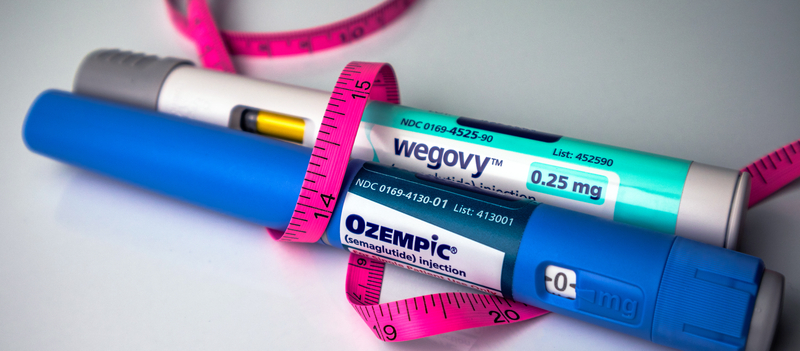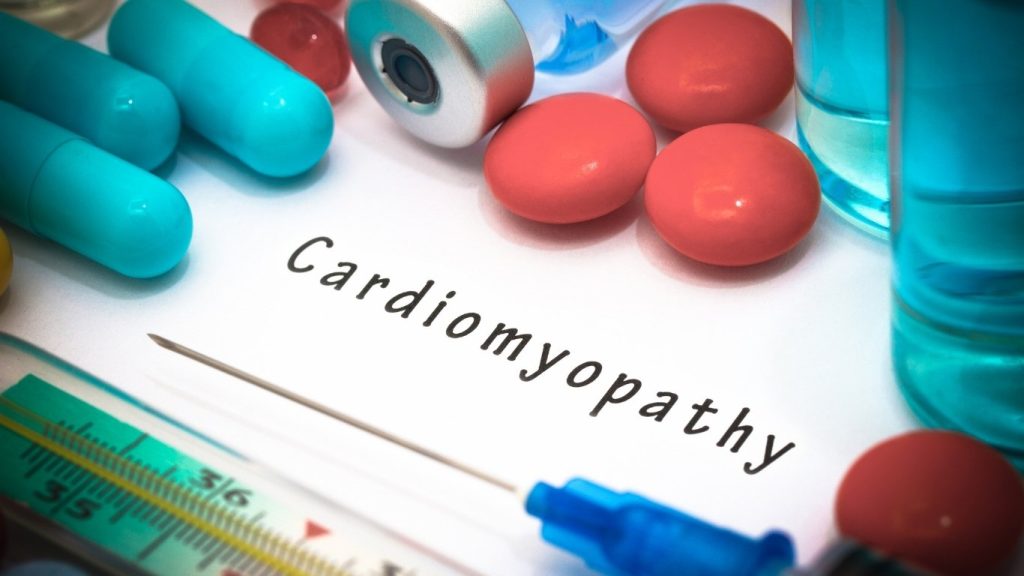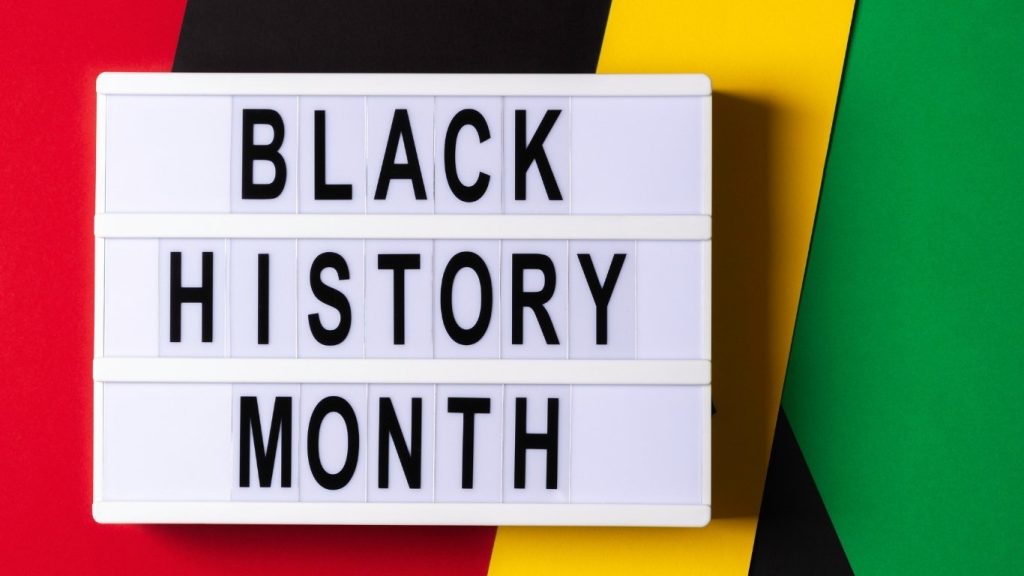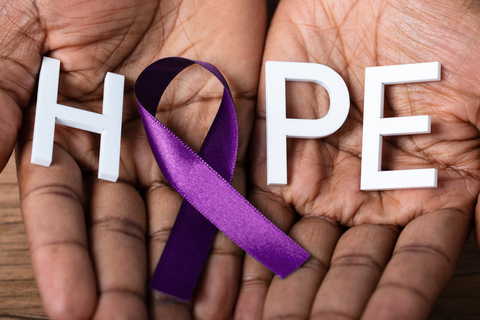- By Jessica Wilson
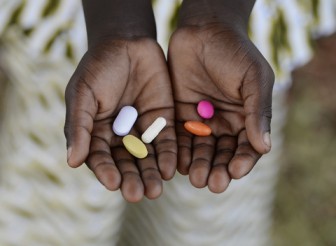
Chronic illnesses—such as diabetes, heart disease, hypertension, asthma, and lupus—affect millions of Americans every year. But within the Black community, these conditions often hit harder and earlier, creating a ripple effect that touches families, finances, and overall well-being. The reasons are layered: systemic racism in healthcare, generational stress, environmental factors, and lack of access to equitable medical care all contribute to a cycle that’s difficult to break.
The Silent Weight of Chronic Illness
A chronic illness isn’t just a medical diagnosis—it’s a lifelong journey of management and adjustment. Many people living with chronic disease must navigate daily medication, frequent doctor visits, and unpredictable symptoms that interfere with work, relationships, and mental health.
For Black Americans, the experience is often compounded by disparities in healthcare quality. Studies show that Black patients are less likely to receive adequate pain management, are often misdiagnosed or dismissed, and face significant barriers to specialist care. These disparities aren’t due to biology—they’re rooted in inequities that have persisted for generations.
Systemic Racism and Health Inequity
The foundation of health inequity is built on centuries of structural racism. From redlining that placed Black families in areas with poor air quality and limited access to healthy food, to economic discrimination that affects job stability and insurance access—these external factors directly influence health outcomes.
Chronic stress from experiencing racism and discrimination also contributes to higher rates of hypertension and cardiovascular disease. Known as weathering, this phenomenon describes how the body physically wears down over time due to chronic exposure to stressors like bias and social inequality.
Cultural Barriers and Mistrust
Another challenge lies in medical mistrust—a well-founded hesitancy rooted in historical trauma. Incidents like the Tuskegee Syphilis Study and ongoing examples of bias in medicine have caused many in the Black community to question whether healthcare systems truly have their best interests at heart.
Because of this, some people delay or avoid seeking medical attention altogether, allowing manageable conditions to progress into severe or even life-threatening ones.
The Mental Health Connection
Chronic illness doesn’t only affect the body—it also weighs heavily on mental health. Depression, anxiety, and burnout are common among those managing lifelong conditions, yet mental health care is often underutilized in the Black community due to stigma and limited culturally competent providers.
When physical and emotional symptoms intertwine, the burden becomes even heavier. Breaking the silence about mental health is a key step toward healing the whole person—not just the illness.
Healing Through Community and Representation
Despite these challenges, there is hope—and it begins within the community. Increasing representation in healthcare, supporting Black-led health organizations, and investing in education and prevention can make a major difference. Community-based programs that emphasize nutrition, exercise, and early screenings are already improving outcomes across the country.
Representation also matters in research and care. Black patients benefit when they see doctors, nurses, and advocates who understand their lived experiences and can provide care without bias or judgment.
Moving Toward Health Equity
Addressing chronic illness in the Black community requires more than awareness—it demands systemic change. That means investing in preventive care, expanding access to affordable insurance, ensuring medical training includes anti-bias education, and funding community programs that meet people where they are.
Health equity isn’t just about closing gaps—it’s about creating a future where Black individuals can live long, healthy lives without the weight of systemic barriers.
Trending Topics
Features
- Drive Toolkit
Download and distribute powerful vaccination QI resources for your community.
- Health Champions
Sign up now to support health equity and sustainable health outcomes in your community.
- Cancer Early Detection
MCED tests use a simple blood draw to screen for many kinds of cancer at once.
- PR
FYHN is a bridge connecting health information providers to BIPOC communities in a trusted environment.
- Medicare
Discover an honest look at our Medicare system.
- Alliance for Representative Clinical Trials
ARC was launched to create a network of community clinicians to diversify and bring clinical trials to communities of color and other communities that have been underrepresented.
- Reducing Patient Risk
The single most important purpose of our healthcare system is to reduce patient risk for an acute event.
- Jessica Wilson
- Jessica Wilson
- Subash Kafle


